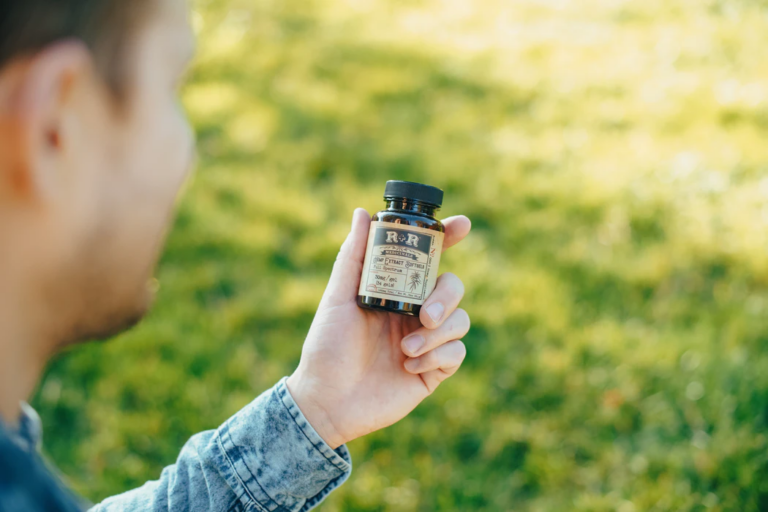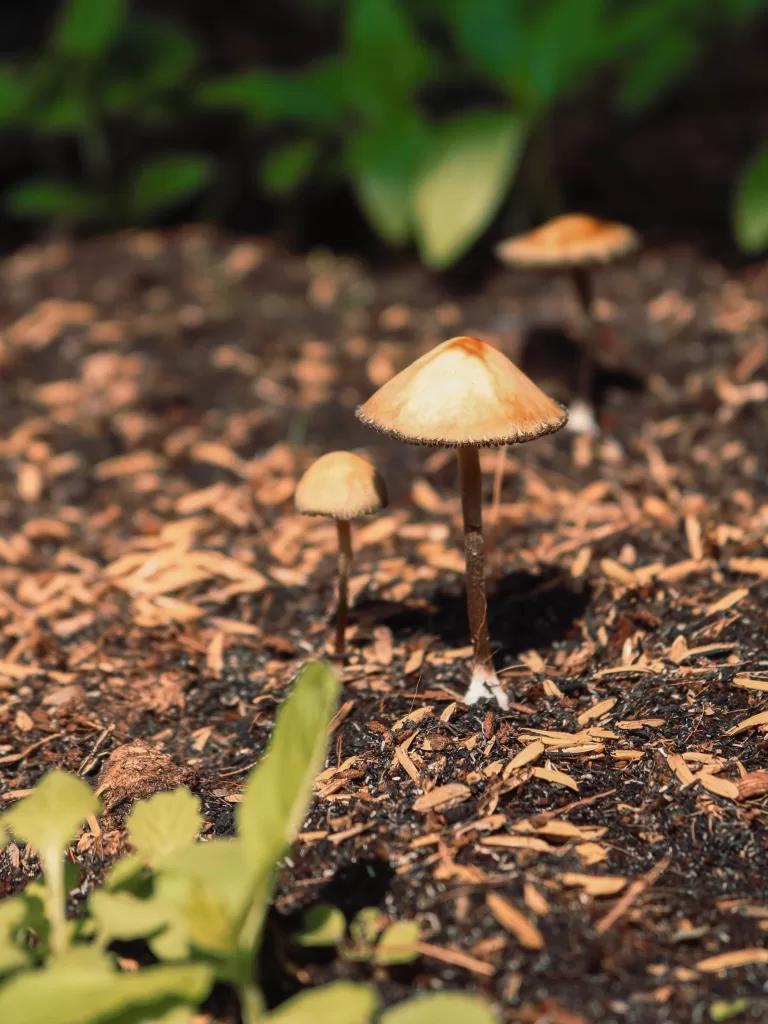10 Simple Ways to Help You Deal with Long Covid
Long Covid is a condition in which people continue to experience symptoms of Covid-19 weeks or even months after the initial infection. The condition can be debilitating and greatly impact the quality of life of those affected. While there is no known cure for Long Covid, there are ways to manage the symptoms and improve overall well-being. In this article, we will discuss how to deal with Long Covid.
10 Simple Ways to Help You Deal with Long Covid
Seek Medical Help
If you are experiencing symptoms of Long Covid, it is important to seek medical help. Many doctors are now familiar with Long Covid and can provide advice and treatment options. A healthcare provider can also help rule out other conditions that may be causing symptoms similar to Long Covid.
Rest and Pace Yourself
Rest and pacing yourself are essential when dealing with Long Covid. While it may be frustrating to slow down, it is important to give your body time to recover. Overdoing it can lead to a relapse and worsen symptoms. Pacing yourself means finding a balance between activity and rest. Try breaking up tasks into smaller increments and taking breaks in between. This can help conserve energy and prevent exhaustion.
Stay Hydrated
Staying hydrated is important for overall health and can also help manage symptoms of Long Covid. Drinking plenty of water can help keep mucous membranes hydrated and prevent dryness. It can also help with headaches and fatigue. It is important to limit caffeine and alcohol as they can be dehydrating.
Manage Symptoms
There are a variety of symptoms that can be associated with Long Covid. It is important to manage symptoms as they arise. For example, pain and inflammation can be managed with over-the-counter pain relievers or anti-inflammatory medication. Fatigue can be managed with rest and relaxation techniques. Gastrointestinal symptoms can be managed with a healthy diet and hydration.
Practice Breathing Exercises
Breathing exercises can be helpful for managing respiratory symptoms associated with Long Covid. Deep breathing exercises can help improve lung function and increase oxygen levels. It can also help reduce anxiety and stress. There are a variety of breathing techniques to choose from, including diaphragmatic breathing and pursed-lip breathing.
Eat a Healthy Diet
Eating a healthy diet can help manage symptoms and improve overall well-being. It is important to eat a variety of fruits, vegetables, whole grains, and lean proteins. Avoid processed foods and foods high in sugar and saturated fats. A healthy diet can help boost the immune system and reduce inflammation.
Stay Connected
Staying connected with friends and family can be helpful when dealing with Long Covid. Isolation can lead to depression and anxiety. Talking with loved ones can provide emotional support and reduce feelings of loneliness. Online support groups can also be helpful for connecting with others who are going through a similar experience.
Practice Self-Care
Practicing self-care is essential when dealing with Long Covid. Self-care can include a variety of activities, such as taking a relaxing lie down, reading a book, or taking a walk in nature. It is important to find activities that bring joy and relaxation. Practicing self-care can help reduce stress and improve overall well-being.
Seek Mental Health Support
Dealing with Long Covid can be challenging both physically and emotionally. It is important to seek mental health support if you are experiencing symptoms of depression, anxiety, or other mental health conditions. A mental health professional can provide support and guidance on managing mental health symptoms.
Be Patient
Dealing with Long Covid can be a long and frustrating process. It is important to be patient and kind to yourself. Recovery can take time and progress may be slow. Celebrate small victories along the way and focus on the positive aspects of your life.
Talk to Nadcell Clinic if you’re interested in long covid therapy in the UK











